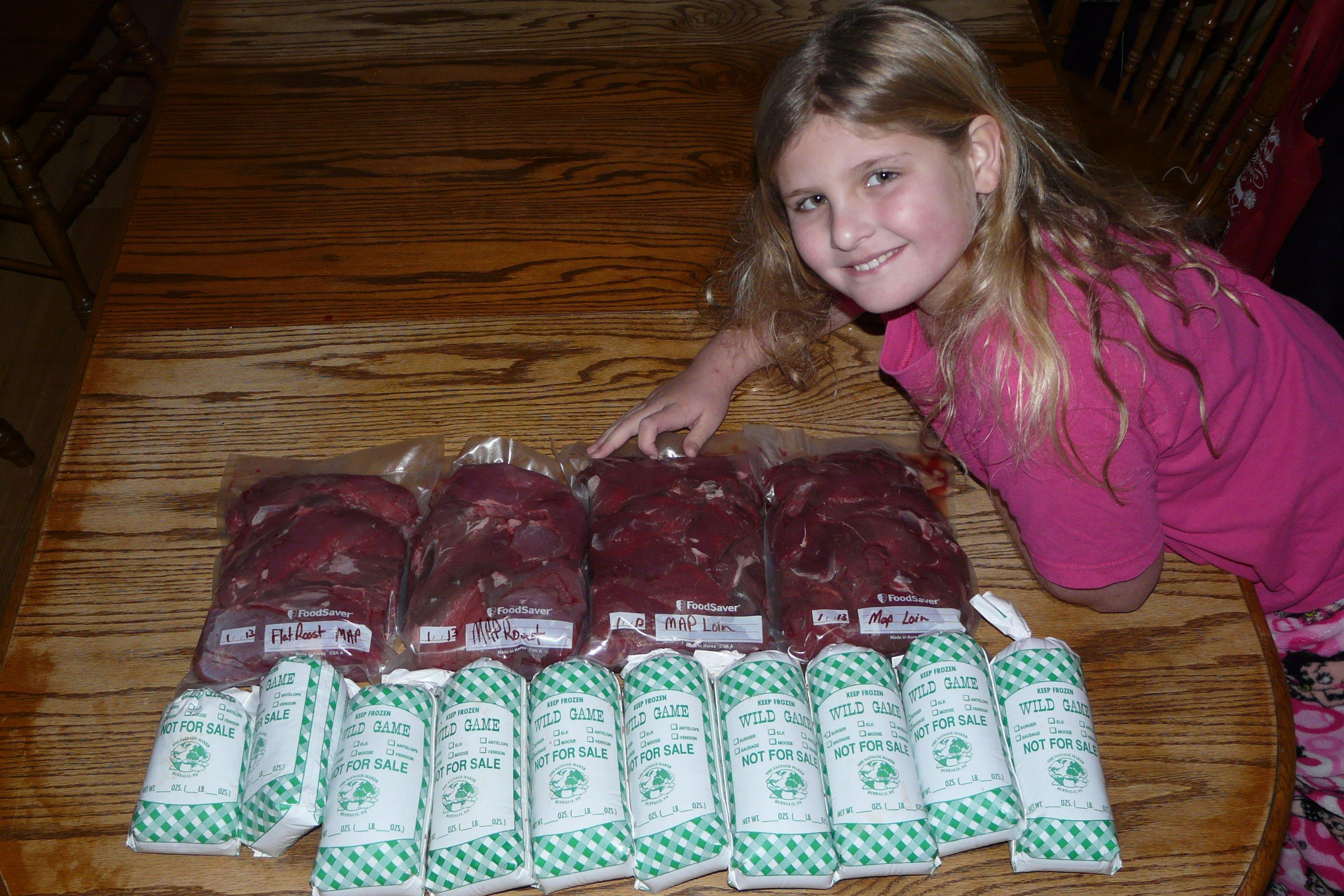Good Time of the Year for a Freezer Check
As I type this, we just finished butchering and packaging the last deer of the season. The big doe had hung for a full week to age and should make for some outstanding meals down the road. The meat will go into a freezer already stuffed with venison and other game. It was a good year for the Pendley clan.
This is my least favorite time of the year. Deer season and duck seasons have drawn to a close and these cold, snowy days seem forever away from turkey season and fishing. We do still have some small game hunting to look forward too. I enjoy kicking up a few rabbits this time of year and the sound of beagles hot on their scent takes me back to a childhood full of family rabbit hunts. Squirrel season is still going strong and Potroast loves to chase them. Santa delivered a Henry Large Loop .22 this past Christmas and he is dying to try it out on a bushy tail or two.
With the lull in the meat gathering, this is a perfect time of year to do a thorough freezer check. Every year, without fail, I hear a fellow hunter lament the loss of game meat to age or freezer burn. It doesn't have to be that way. Take a bit of time once or twice a year and follow these tips to keep your hard earned game meat in prime condition.
- Take an inventory. I like to pull everything out and jot down a list of what we have. Write down how many packages of ground meat, steaks and roasts are in there and what game species you have left. Knowing what you have makes planning future menus a lot easier. If you eat as many wild game meals as we do, keeping a running list also helps to extend your supply until the following fall. There is nothing worse than running out of game meat months before you can go hunting again.
- Check the packaging. Have some tape that came loose from the freezer paper? Maybe a vacuum-sealed bag that has lost its seal? Freezer burn occurs when the dry frozen air makes contact with the meats surface. Spend some time making sure everything is wrapped tightly to prevent damage and keep the meat in prime condition for as long as possible. And, by the way, freezer burn only affects the surface of the meat. If you do happen to run into some, just trim it off and follow the recipe, the meat will be fine.
- Check the dates. Keep the oldest stuff closest to the top in a chest freezer or at the front of the shelf in an upright. Make sure there isn't a pack or two carried over from last season that needs to be used up right away. If you have several older packages, thaw them out and make some sausage or jerky. Did you package some meat this fall without dating it? Do that now. As the year progresses, the memories of what got packaged when will dim.
- Defrost. If your freezer isn't frost free, stash everything into tightly packed coolers and defrost the freezer. A clean freezer keeps the food fresher and makes it easier to locate what you need later. A thick layer of freezer frost cuts into your storage space too.
- Keep it organized. As long as everything is out of the freezer anyway, take the time to organize the food as it goes back in. Keep the ground meat together, the roasts in one spot, the steaks in another. Is there more than one species of game meat in your freezer? Keep each in separate areas to make it easier to find what you need.
- Install a freezer alarm. I became a believer in these alarms after one of our kids, they still won't own up to which one, left the door to one of our upright freezers open. Freezer alarms measure the temperature of the freezer and sound a warning if it goes above or below the preset temperature range. Battery operated alarms keep monitoring the temperature even during power outages. Many models store the maximum temperatures as well, so, should you return home from an extended hunting trip to find that your power was off for a day or two; you don't have to guess whether or not the food in your freezer had time to thaw before the power came back on.
- Make a plan for future power outages. Over the past fifteen years or so that we have lived here, we have experienced a couple of massive ice storms. Since we have to drive several miles to reach the middle of nowhere, our house is usually one of the last to get power back. A gas generator allowed me to run the freezers for an hour or two each day, more than enough to keep everything frozen for the two weeks it took to get our power back on. Yes, insurance would have paid for the lost food, but that wouldn't replace our hard earned game meat.







